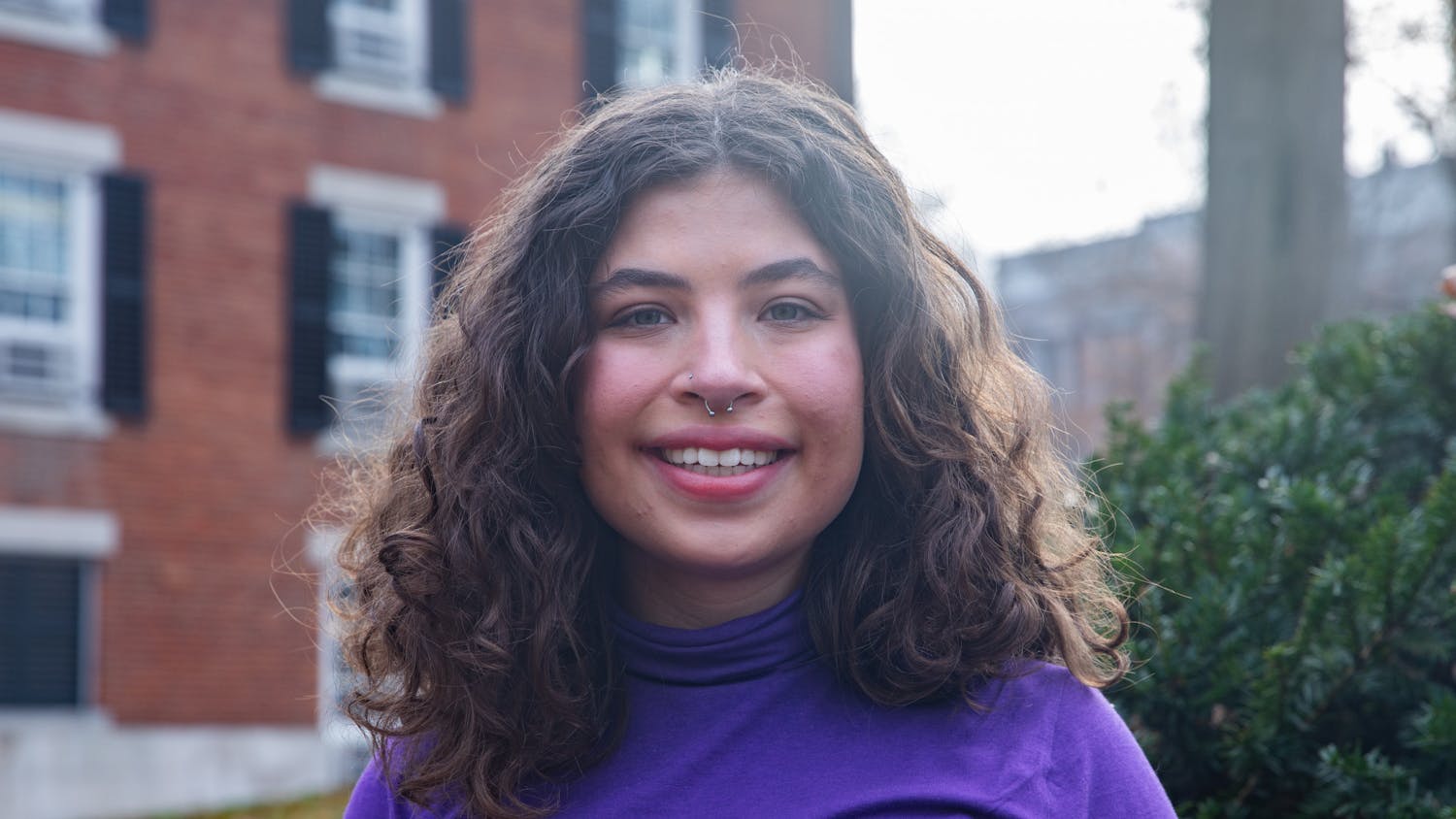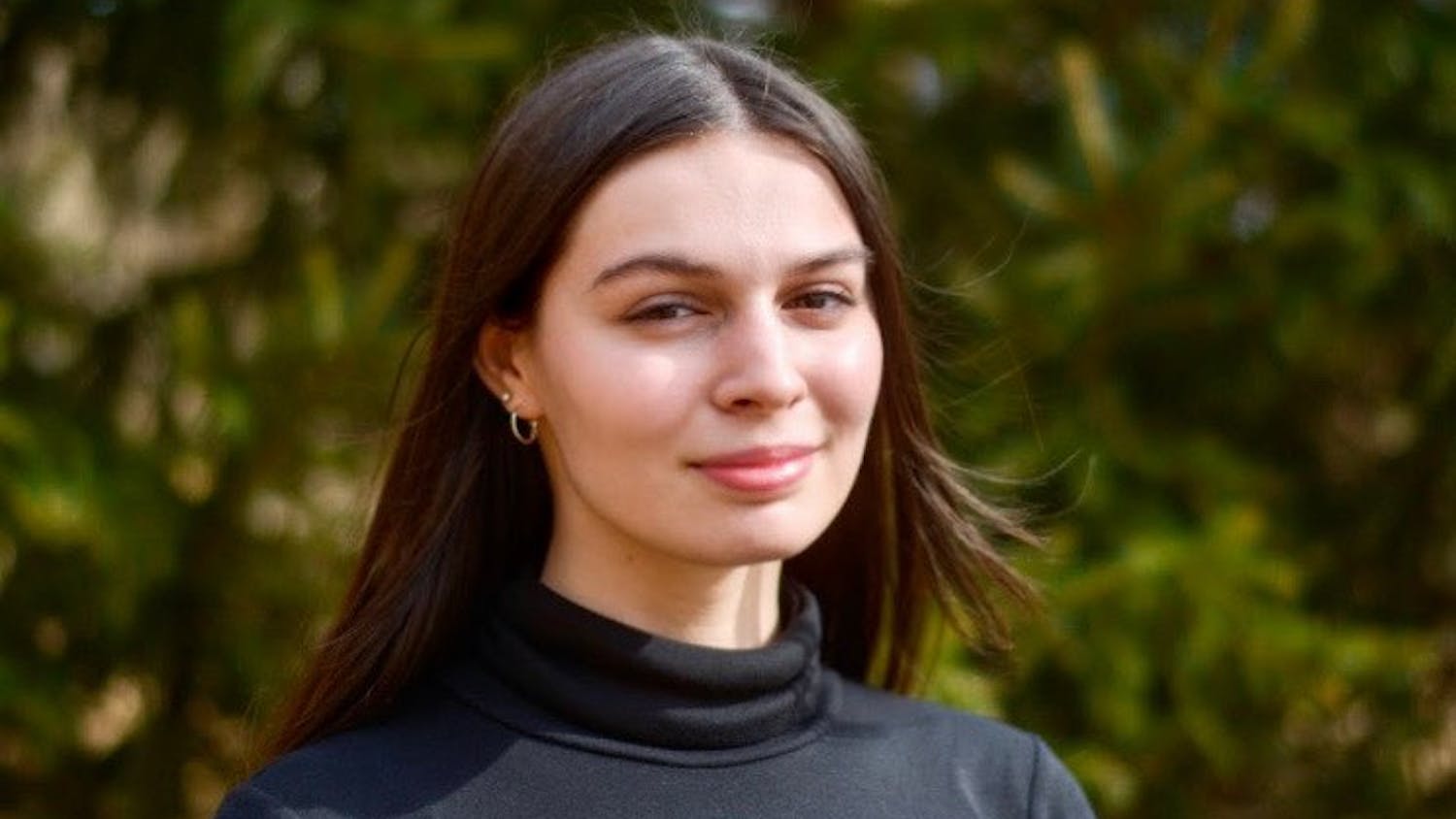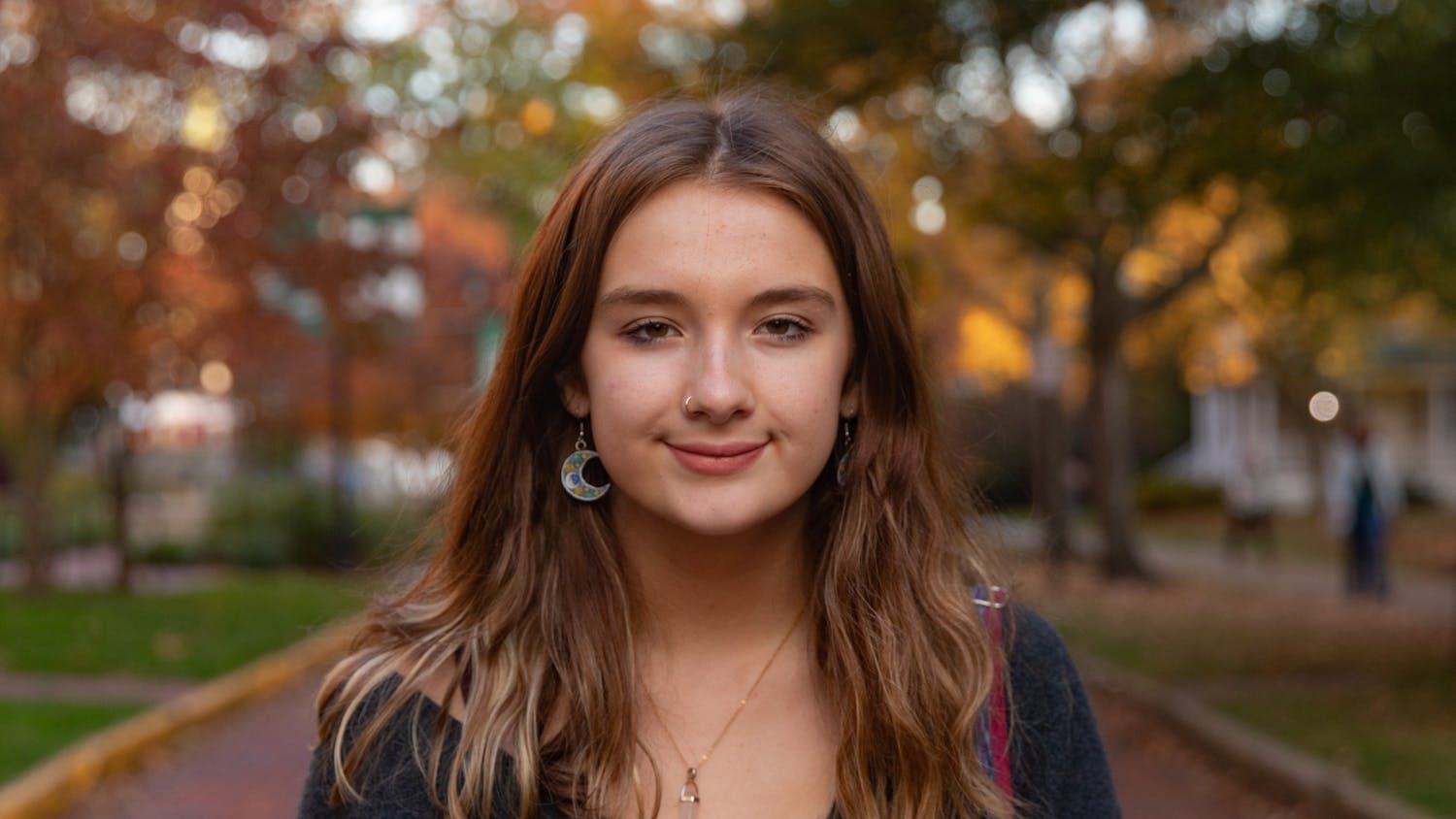Correction appended.
Ohio University’s departments of history and political science and the Contemporary History Institute sponsored a panel Monday to discuss the Russian invasion of Ukraine and its implications for the international community.
The panel consisted of seven people: David Curp, associate professor of history; Steve Miner, professor of history; James Mosher, associate professor of political science; Nukhet Sandal, associate professor and chair of political science and faculty fellow in the College of Arts & Sciences; Ingo Trauschweizer, professor of history and director of the Contemporary History Institute; and Mirna Zakić, associate professor of history.
In regards to a question about the future of the conflict between Russia and Ukraine, Miner said he believes Putin has made a mess of the situation.
“This is not going to end well for the Ukrainians. The Russian army is big, and it can crush, eventually, conventional forces in Ukraine — that much I’ll predict,” he said. “But after that, I liken it to a dog chasing a car. What does the dog do with the car once it gets it? What is Putin going to do with Ukraine once he actually occupies it or smashes its army?”
Zakić also said she is not going to try to predict the future, except that she believes things are going to continue to be really bad for people in Ukraine.
When asked about Ukraine’s defensive stance, Curp cited the Budapest Memorandum of 1994, which was a security commitment the United States, Great Britain and Russia made to Ukraine in return for the country giving up its stockpile of nuclear weapons. He said though Ukraine expressed deep reservations about lack of security guarantees in the agreement, the international community insisted it give up those weapons.
“Because in the words of (former) Secretary of State Baker in the United States, ‘We do not want a Yugoslavia with nukes.’ Ergo, even in 1994, an American Secretary of State was envisioning a time that the Ukrainians also were envisioning, which was that in possible conflict, the nuclear weapons could be used if the Ukrainians had them,” he said. “We were encouraging Ukrainians to disarm, understanding conflict was a real possibility.”
In response to a question about Ukrainian motives for hatred of Russia, Miner said one of the things at the core of that distaste is memory of the Holodomor, an expansive famine resulting from the policies of Joseph Stalin, longtime leader of the Soviet Union, in 1932 in which 3 to 4 million Ukrainians were starved to death.
Zakić said it is important for everybody to keep Ukrainians who are “huddling in compact spaces and basements” in their thoughts as the conflict continues.
Correction: A previous version of this article stated that John Brobst was a part of the panel. Though he was originally advertised as a panelist, he wasn’t able to make the event. This article has been updated to reflect the most accurate information.






